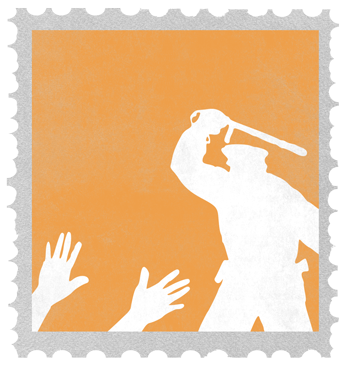Social Strain Theory
According to Merton's strain theory, societal structures can pressure individuals into committing crimes. Classic Strain Theory predicts that deviance is likely to happen when there is a misalignment between the “cultural goals” of a society (such as monetary wealth) and the opportunities people have to obtain them.
Modern strain theories evolved from studies of “anomie,” or normlessness. The French sociologist Emile Durkheim was the first to write about anomie. In his works The Division of Labor in Society (1893) and Suicide (1897), Durkheim hypothesized that groups and social organizations are primary drivers of misconduct.For example, in a society where economic norms become unclear — there are weak or non-existent authorities to tell workers what they can or cannot do — aspirations become limitless and anomie and deviant behavior (such as crime) results.
